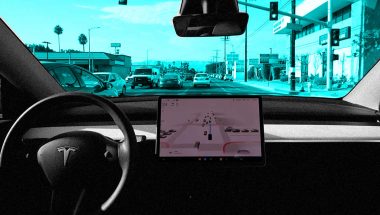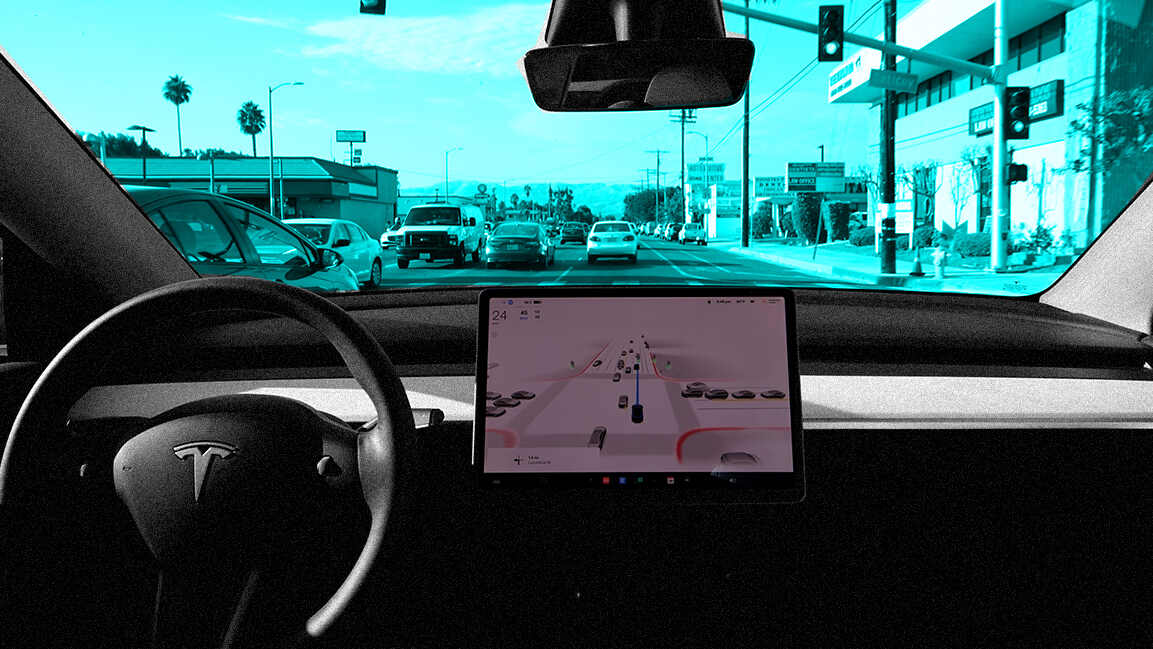- | 9:00 am
Where have all the good leaders gone?
It’s time to forge a new leadership path by looking to different role models and ideas.

Cat Stevens in his 1970’s hit “Wild World” couldn’t have predicted how resonant his well-sung chorus would be over 50 years later. We definitely are living in a “wild world and at the moment it does feel hard to get by just upon a smile” as we go from polycrisis to polycrisis.
And not to start the article on too dour a note, but this seems to be a world that we will be enduring for some time. Jamie Dimon, the CEO of JPMorgan Chase, suggested in a recent earnings call that we’re globally facing the most dangerous time in decades.
But, usually, there is hope in a wild world as we traditionally turn to those corners of support and safety, from our heads of state to mega-company leaders, to those well-trusted people and places we look to for inspiration and guidance. But it’s at this moment, as these old bastions of leadership stutter and fall and have autocratic rants on earnings calls, that they fail in providing a belief that they understand what a new generation’s workforce and broader society need in a modern world to raise that smile.
WE NEED A CHANGE IN LEADERSHIP TYPE
A McKinsey report, the State of Organizations 2023, captures this feeling perfectly with data that suggests that only 25% of employees are inspired by their leaders to perform at their best, which leads to the question: Where have all the good leaders gone?
As we look beyond the last decade, it is abundantly clear the autocratic governance of the past are truly ineffective ways to run today’s organizations and teams. Watching how next generations begin leading, we are seeing a new set of systems and models for how we can lead and be in our daily lives.
The modern leadership we aspire to has a feel and a human touch that is built for today’s interactions, capturing the energy and momentum of our new normal. Gone are the days of a stringently defined one-way leadership type, and hello to a new world order of fluid leadership where we, as inspiring management magpies, can pick and steal from all parts of the personal and professional lives that we admire, to build our own unique way of leading.
A NEW SYSTEM OF INSPIRATION
When traditional leaders are not delivering and we don’t know where the good ones have gone, we need to look beyond the norm and find new and different inspirations. Like those of us at andOpen, you probably find it quite difficult to name five current inspiring modern leaders.
So as we all try to learn and lead in this continuing polycrisis world, we want to give different perspectives. Here are some places that has inspired us at andOpen recently.
First is the NFL’s new darling, Taylor Swift. Swiftonomics might be studied at business school, but Taylor’s values of being a human-centered leader inspire us most. In a well publicized story from her Eras tour, we saw an act of leadership and generosity from Taylor that we can all learn from. She gave a life-changing bonus of $100,000 to the truck drivers who transported her show around the U.S. for 24 weeks.
This amount is far above the norm, positively affecting the drivers’ lives as an incredible example of a business sharing its over-performance earnings with its team. But more importantly, it provides real motivation for this team to again make the sacrifices when on the road for Taylor’s next likely record-breaking tour. This will create real partnership and energy before they even hit the road. Making your team feel rewarded and ready for the next challenge is a key lesson modern leaders can learn from Taylor.
Now we move from Taylor to Dungeons & Dragons—this is not a segway that happens often. We read an article on Medium earlier this year, celebrating the leadership learnings from fantasy games that can be transferred to real life. The programmer who wrote it talks about the parallels of running digital teams and worlds as dungeon master, which helped him with his management day job.
We see this learning in other games too, including a post about the game Football Manager (soccer, in the U.S.), where the writer describes key strategies that can be replicated in the real world. This gamified thinking allows leaders to try out new strategies, learn different ways to motivate teams, and most importantly, provide a platform to make and learn from mistakes, all of which are potentially new ways to iterate and grow as a leader in our day jobs.
Continuing the soccer theme, we gain insights from Pep Guardiola, manager of reigning champions Manchester City. City is in the U.K.’s Premier League and has a strong advantage as it is backed by the Abu Dhabi Investment Fund. But their motivational methods go beyond the millions that make Pep and his team stand out. At City, there is a Pep way of playing and being. This is bigger than any player and is a vision for the club and team, driving all interactions on and off the pitch. It’s not an autocratic mission—it’s a clear team mission with strongly defined values that we see as a modern way to build collective momentum.
Creating a team foundational vision that evolves over years and beyond players who come and go has created a Manchester City way that drives success for all parts of the club.
In today’s world, it’s important to have a clear perspective on the “why,” as made popular originally by Simon Sinek. This perspective continues to resonate with the next generation of employees even more today, as they look for the purpose in their professional lives. Defining this clarity of your way of being and allowing the whole organization to get behind it and treat it as their own, is key to success within modern organizations.
FROM CULTURE BACK TO THE CORPORATE WORLD
This notion of a clear mission and values are central learnings in our last two examples, as we jump from culture back to the corporate world.
The first is how to create a vision that feels truly unique to your company and your company alone, and a vision that your people believe is theirs also. Chobani does this incredibly well, as you can see in founder Hamdi Ulukaya’s 7 keys to business success. This includes values such as walk into unknowns, seek harmony, get out of the office, and think like an immigrant. These learnings and values feel personal, emotional, and ownable, but are so human-oriented that we can all relate, build from, and follow as if they were our own.
The second example is the philosophy of Cotopaxi founder and CEO Davis Smith, who recently stepped down to go on a three-year church mission. Smith and his partner created a motto of “gear for good,” and a Cotopaxi foundation to use some company profits to support chosen communities and projects. The brand garnered a cult following by creating Questival events around the U.S. and in other parts of the world. This 24-hour race and scavenger hunt offered participants the opportunity to earn free gear competing as teams in various challenges like cooking in a soup kitchen, doing yoga poses, and rock climbing.
As with Ulukaya at Chobani, Smith built a company with personal but relatable foundations, so consumers could feel deep loyalty to a brand that felt like them, and that gave employees the clarity that they were joining THE company that aligned with their own values.
In a world where we find it hard to be inspired by the traditional leaders of companies in society, maybe it’s time to look beyond the norms and steal inspiration from entertainment icons to cultural institutions, and future-focused humanistic companies to then define our own style of leadership to fill the void.







































